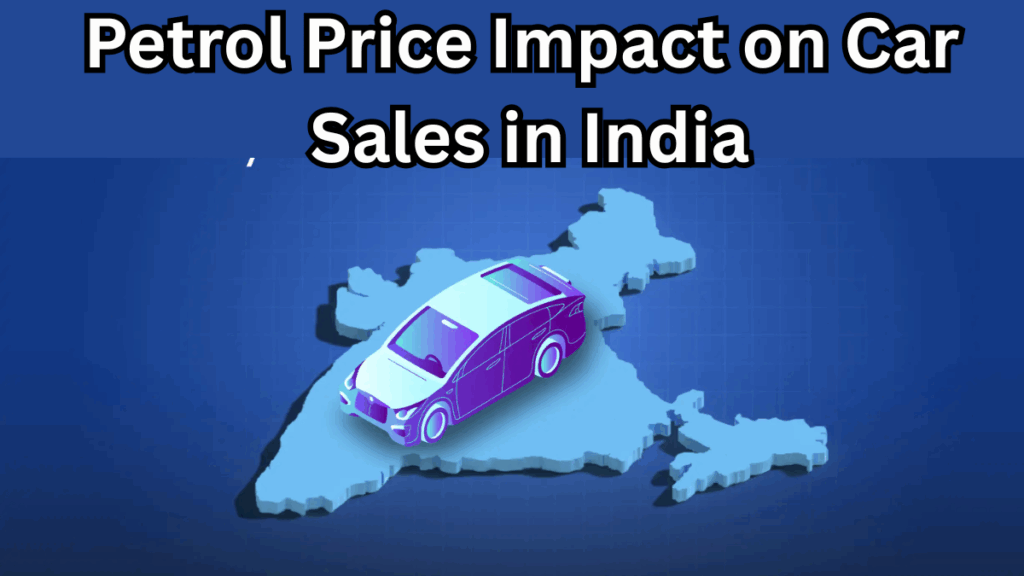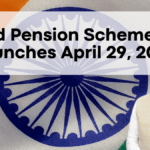As we move through 2025, the relationship between fuel prices and car sales in India is shifting significantly. Increasing petrol prices are influencing not just how people drive, but also how—and whether—they buy cars at all.
This article explores the petrol price impact on car sales in India, evolving buyer preferences, and what these changes mean for the automobile sector.

Table of Contents
How Petrol Prices are Steering Car Buying Behaviour in India
In India, where car ownership is often seen as a major life goal, fluctuating petrol prices have become a deciding factor in vehicle purchases.
Key Influences of Petrol Price on Car Sales:
-
Affordability concerns – High fuel prices increase the overall cost of ownership.
-
Preference for fuel-efficient models – Buyers are leaning toward cars that offer better mileage.
-
Growing interest in EVs and hybrids – These are seen as long-term investments with lower running costs.
-
Urban-rural divide – Urban consumers are quicker to adopt new technologies like EVs, while rural buyers remain cost-conscious.
Petrol Prices vs Car Sales – What the Numbers Say
Here is a comparative look at how fuel cost trends have affected car sales in recent years:
Year |
Average Petrol Price (INR/Litre) |
Total Car Sales (in Lakhs) |
Notable Trend |
|---|---|---|---|
2023 |
₹102 |
38 |
Sales dipped mid-year during fuel hike |
2024 |
₹106 |
41 |
Hybrid vehicle sales saw a rise |
Early 2025 |
₹110 |
19 (Q1 data) |
EVs made up 22% of new car sales |
These figures reflect how the petrol price impact on car sales in India is becoming more pronounced, particularly with buyers leaning toward alternative fuel options.
Changing Preferences: What Buyers Want in 2025
With fuel cost trends heading upward, consumer choices are becoming more practical and calculated.
What Consumers Are Now Looking For:
-
Cars with higher mileage
-
CNG and hybrid models
-
Reliable electric vehicles
-
Compact vehicles for urban usage
-
Subscription or leasing options over full ownership
Rise of Electric and Hybrid Vehicles
As petrol prices rise, electric and hybrid vehicles are no longer niche—they’re quickly becoming mainstream choices in India.
Why EVs & Hybrids Are Gaining Popularity:
Factor |
Impact |
|---|---|
Lower running costs |
Electricity is cheaper than petrol |
Government incentives |
Subsidies under FAME II and state-level schemes |
Eco-conscious buyers |
Increased awareness about environmental issues |
Better infrastructure |
More charging stations and longer battery life |
Outlook for 2025 and Beyond
-
Petrol prices are expected to remain high, making non-petrol options more attractive.
-
Electric vehicle infrastructure will likely expand further across India.
-
Automakers will increase production of CNG, hybrid, and EV models.
-
A rise in used car sales may occur, especially among budget-sensitive consumers.
FAQs:
1. How do petrol prices impact car sales in India?
High petrol prices raise the cost of owning a car, leading buyers to prefer fuel-efficient, hybrid, or electric models.
2. Is the demand for electric vehicles rising in India?
Yes, EV demand is increasing in 2025 due to rising fuel prices and better infrastructure for electric mobility.
3. What are the top trends in car buying behaviour in India?
Buyers are prioritizing cost-effectiveness, fuel efficiency, and alternative fuels like CNG and electricity.
4. Are fuel cost trends expected to stabilize in the near future?
Fuel prices are projected to remain volatile, making it essential for consumers to factor in long-term running costs when buying a car.
Conclusion
The petrol price impact on car sales in India is no longer a background issue—it’s a primary consideration. As fuel cost trends continue to rise, the shift in car buying behaviour in India is evident. Whether it’s a switch to electric vehicles or an increased interest in hybrids, the Indian automobile landscape is evolving fast in response to these changes.
Click here to learn more





